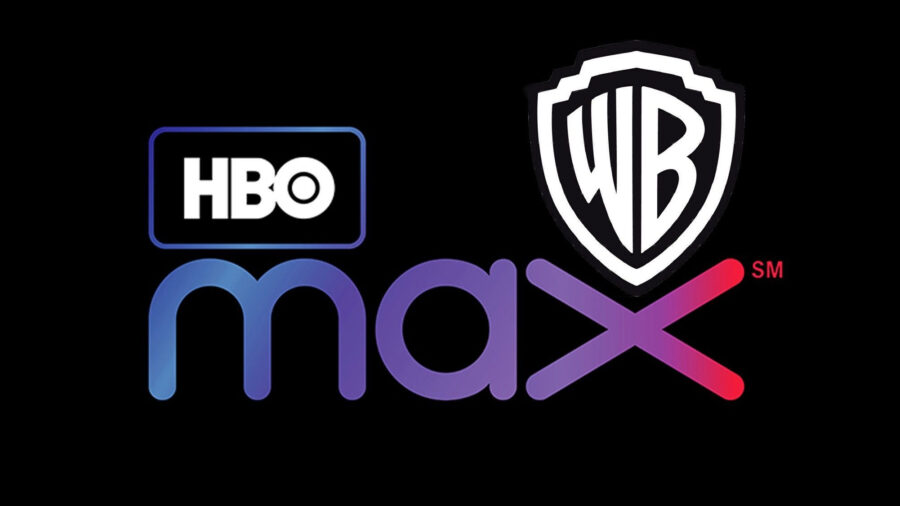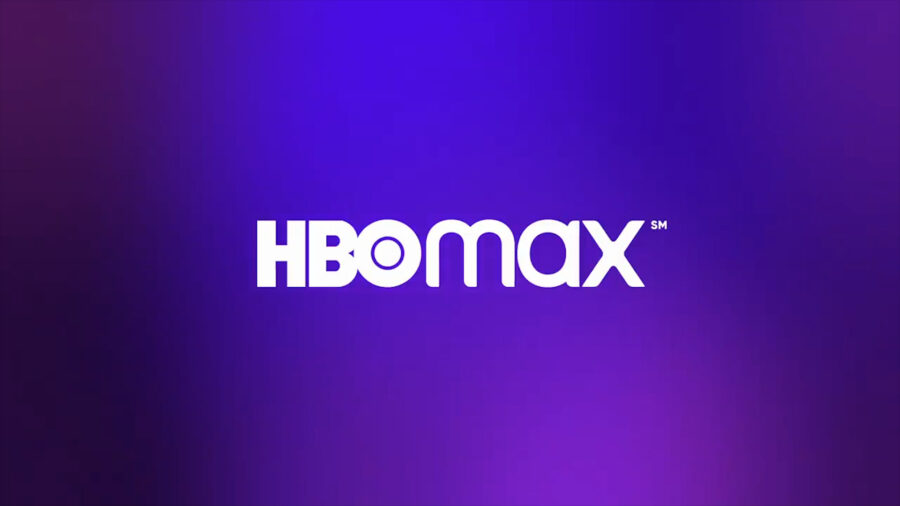Big Movies Will No Longer Be Released On Streaming
Wouldn't it be great if all movies released on streaming right away? Warner Bros doesn't agree.
This article is more than 2 years old

The ways in which we consume media are changing. This was true before the internet. There have always been shifts in how we engage with stories. Today though, as in most industries, we see those shifts happen a lot faster. The pandemic has forced movie studios to pivot, and in some cases, the forced changes have become ones that consumers appreciate and businesses do not. Today, all eyes are on the future of movie releases. Warner Bros made a big move in December 2020 when they announced that their 2021 titles would be released in movie theaters and on HBO Max at the same time. Now, they’ve announced that they won’t be continuing this for their big movies in 2022.
Jason Kilar, the CEO of WarnerMedia, recently appeared on the Recode Media podcast. He discussed their decision to release their 2022 releases for big Warner Bros movies exclusively in theaters for the first 45 days. What does this mean for your movie-watching plans in 2022? It means that major releases, like those from DC, will be released in movie theaters only at first. After those first 45 days, they haven’t made any promises after whether that new release will appear for HBO Max streaming. These strategies seem to still be building. IN the podcast, Jason Kilar repeatedly says that WarnerMedia and other companies, like Disney, are learning how to handle their releases in this new landscape.
What we do know is that in 2021, you’ll be able to watch The Suicide Squad either in movie theaters or at home when it releases on HBO Max on August sixth. It will be available free for HBO Max subscribers for the first 31 days. This has been a pretty great deal for audiences, who have a lot of choices here on how they see the new movie.

WarnerMedia started this release format back in December with Wonder Woman 1984. Recently, Warner Bros saw impressive box office numbers at the movie theater using this release strategy for Godzilla vs. Kong. Even though fans could watch at home, those who wanted to see it in theaters, did.
But Warner Bros isn’t giving up on movie theater releases, at least not for their biggest titles. So in 2022, if you want to see The Batman starring Robert Pattinson, you’ll need to visit a movie theater in person during March 2022.
This announcement hasn’t been a complete shock. A few weeks ago, we suspected that Warner Bros was ending streaming releases after they made a deal with Regal Cinemas. It was assumed then that other movie theater deals would follow and 2022 would see a return to former release strategies. This seems more focused on keeping the movie theater business alive than on keeping fans happy. Many customers are particularly upset since so many people are still going to the movie theater even though they have the option to watch at home. So why can’t we always have the choice to do both?

Though it is working well for audiences, it likely isn’t in the interest of movie theaters. And theaters have a fair amount of power over movie studios and their release decisions, even for major companies like Warner Bros.
The decision from Warner Bros may have to do with balancing out giving audiences what they want with what movie theaters want. Movie studios rely on keeping their customers happy, but they also rely on good working relationships with the distributors that get those movies in the hands of customers. While AT&T owns Warner Bros and HBO Max, so they control their own streaming releases, they aren’t allowed to own movie theaters themselves.
Historically, the relationship between movie theater chains and Hollywood has been a contentious one. A great example of this was in 1948 in the United States vs. Paramount Pictures antitrust case, where it was decided that movie studios couldn’t own movie theaters. At the time, we were moving toward specific theaters only carrying movies from the studios that owned them. This would have limited the availability of movies for people. Ultimately, the antitrust case put a stop to that.

Today, we have megaplexes with 16 or more theaters inside, showing many movies all at once. One of the great things about this is that you can go to the movies with your family and split up to see different movies while you’re there. We wouldn’t have megaplexes like this if it weren’t for the 1948 antitrust case.
Today, streaming releases are in a tangled web that calls back to this old issue with theaters. Today, AT&T owns Warner Bros. They’re sending their movies to HBO Max for streaming. AT&T is responsible for internet access for many of us. This tangles things up in ways that could go dark quickly, depending on how these types of businesses progress.
In that respect, it seems like a positive thing that Warner Bros is releasing movies to theaters since they are keeping their distribution channels more open, which ultimately may be a good thing for consumers. However, that doesn’t change that it’s still incredibly irritating for audiences. Releasing movies to streaming on HBO Max at the same time was convenient and working well for customers. Since this was a great move for consumers, it seems like a decision the studio may have had to make in order to appeal to movie theater chains around the world. Those companies may have more power in the decision making from movie studios than we think.

For example, if Warner Bros had said they were going to continue with their 2021 release strategy into 2022, theaters may have said “If you release on streaming at the same time, we won’t play your movies at all”. It would seem like theaters don’t have the power to turn down a DC film when they are struggling post-pandemic, but the reality of their current situation may have forced movie theater chains to play hardball. Movie theaters aren’t just trying to improve their bottom lines for 2022. They’re trying to assure that their industry stays an essential part of a movie studio’s release plan for decades to come.
Even if audiences see streaming as simply another option, and box office numbers are still seeing audiences show up at theaters right now, the industry is worried. Apparently, that’s going to lead to more limited options for viewing audiences. At least for 2022, anyway. If there’s anything we’ve learned from watching studios adapt over the past year, it’s that the industry is shifting quickly. There’s no guessing what 2023 for Warner Bros releases may look like.












